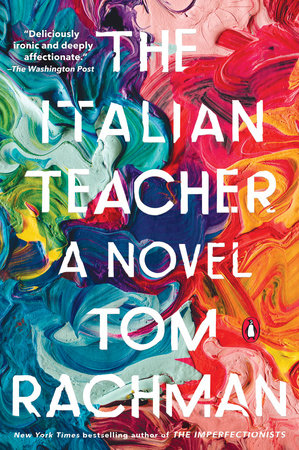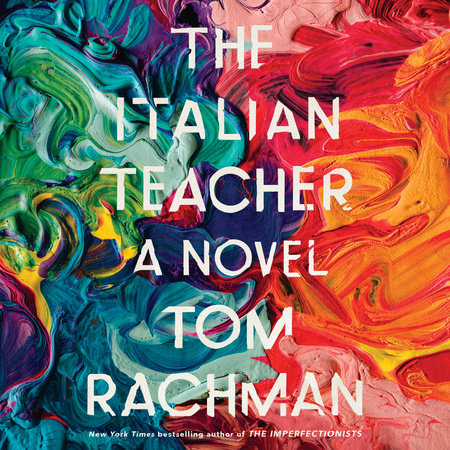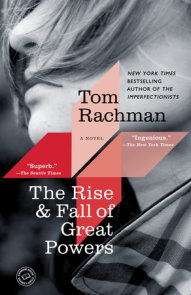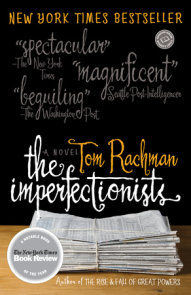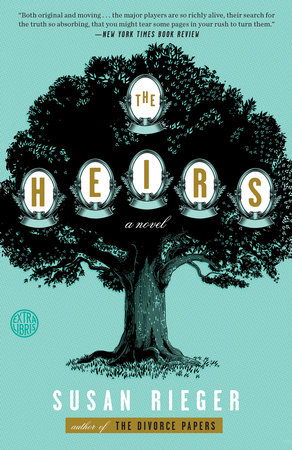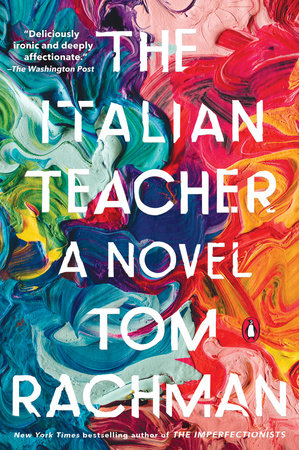

The Italian Teacher
By Tom Rachman
By Tom Rachman
By Tom Rachman
By Tom Rachman
By Tom Rachman
Read by Sam Alexander
By Tom Rachman
Read by Sam Alexander
Category: Literary Fiction | Women's Fiction
Category: Literary Fiction | Women's Fiction
Category: Literary Fiction | Women's Fiction | Audiobooks

-
$16.00
Mar 05, 2019 | ISBN 9780735222700
-
Mar 20, 2018 | ISBN 9780735222717
-
Mar 20, 2018 | ISBN 9780525529712
578 Minutes
Buy the Audiobook Download:
YOU MAY ALSO LIKE
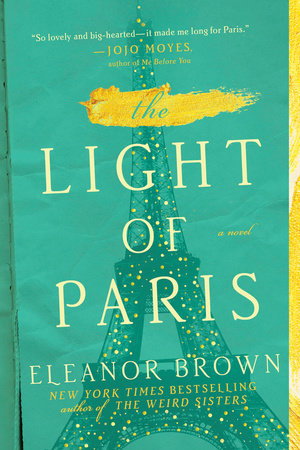
The Light of Paris
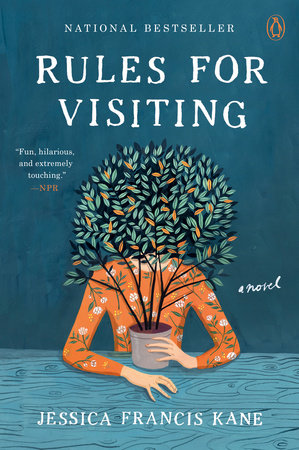
Rules for Visiting
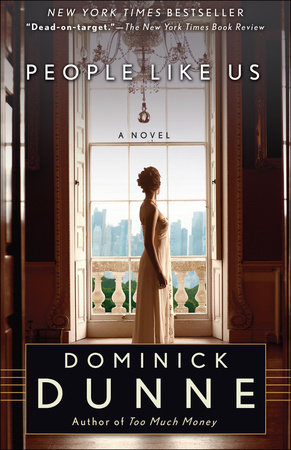
People Like Us
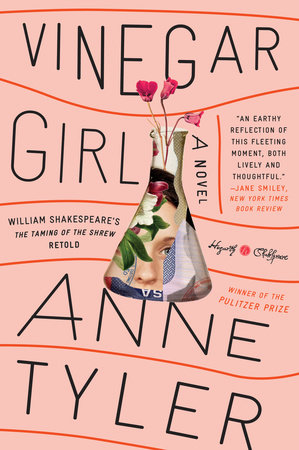
Vinegar Girl
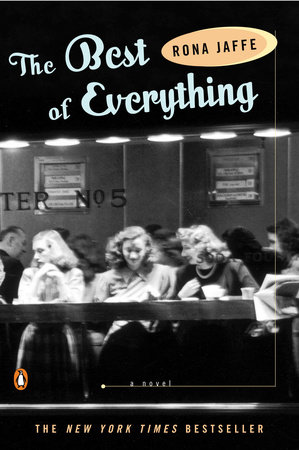
The Best of Everything

The Big Finish
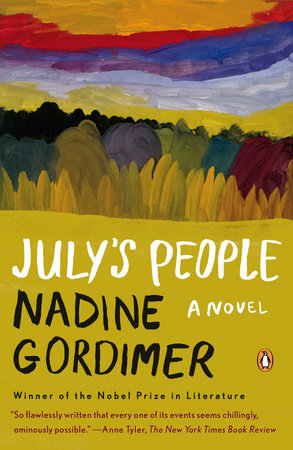
July’s People
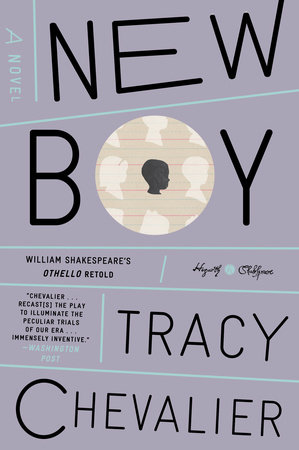
New Boy

Girl in Translation
Praise
Named a Most Anticipated Book of 2018 by The Wall Street Journal, Huffington Post, Amazon.com, Instyle, Poets and Writers, Southern Living, Seattle Times, Chicago Review of Books, Newsday, The Boston Herald, and more
“Rachman is a brilliant choreographer of skewed desires . . . He has a deft way of describing atrocious behavior without damning his characters, without suggestions that they’re entirely circumscribed by their worst acts. His comedy is tempered by a kind of a gentleness that’s a salve in these mean times . . . An exotic touch of intrigue arises in THE ITALIAN TEACHER . . . Rachman brings his own, warmer touch to the crime, transforming it into a surprising act of defiance that’s both deliciously ironic and deeply affectionate.”—Ron Charles, The Washington Post
“Engaging and subtle . . . Rachman appears in perfect control of his material . . . engrossing, by turns gently humorous . . . The Italian Teacher is a psychologically nuanced pleasure.” — New York Times Book Review
“A poignant, touching tale about living in the shadow of a brazen artistic genius. . . Unforgettable.” –USA Today
“Masterfully illustrates how malicious a father-son rivalry can be.” — People
“The reliably excellent Rachman this time offers a nuanced, fascinating portrait of a celebrated painter looking ahead to his legacy.” – Entertainment Weekly
“Pencils down, brushes up: Rachman goes beyond the base coat with THE ITALIAN TEACHER, a portrait of a son his large-scale father.” – Vanity Fair
“In The Italian Teacher, Rachman manages to conjure a fresh perspective on fame and its destructive effects on the people ensnared by it. Instead of running toward celebrity, readers may find themselves instead turning around and running away.” — Chicago Tribune
“Rachman wrestles with age-old questions: What is the purpose of art? How do we judge excellence? Does fame matter? . . . [THE ITALIAN TEACHER] moves with the energy and gusto of Bear. With Pinch/Charles, it broods and hopes and plumbs the depths. That’s a lot to expect of any novel, yet THE ITALIAN TEACHER delivers in spades.”—Dan Cryer, San Francisco Chronicle
“[THE ITALIAN TEACHER] takes satisfyingly unexpected turns, especially when the reader might expect a clichéd depiction of father-son strife. And Rachman offers a nuanced portrait of talented people whose lives don’t work out the way they had hoped.”—Newsday
“[An] artful page-turner.” —Publishers Weekly, Starred Review
“A momentous drama of a volatile relationship and the fundamental will to survive.” —Booklist, starred review
“The Italian Teacher is a rich novel with a colorful cast of memorable characters.” —Hello Giggles
“Along with the skewering of art-world and academic pretensions, there is humor, humanity, and compassion in Rachman’s writing. For most fiction readers.” —Library Journal
“The Italian Teacher is a marvel–an entertaining, heartbreaking novel about art, family, loyalty, and authenticity. Tom Rachman is an enormously talented writer–this book is alive, from the first page to the last.” —Tom Perotta, bestselling author of The Leftovers
Praise for Tom Rachman:
“[Rachman] writes perfectly and with a warm, twinkling-eyed generosity toward human behavior that does not get in the way of his pitiless observation of it.” — Lorrie Moore, The New Yorker
“[The Imperfectionists is] so good I had to read it twice simply to figure out how he pulled it off. I still haven’t answered that question, nor do I know how someone so young could have acquired such a precocious grasp of human foibles. The novel is alternately hilarious and heart-wrenching, and it’s assembled like a Rubik’s Cube.” –Christopher Buckley, The New York Times
“Mr. Rachman’s transition from journalism to fiction writing is nothing short of spectacular. The Imperfectionists is a splendid original, filled with wit and structured so ingeniously that figuring out where the author is headed is half the reader’s fun. The other half comes from his sparkling descriptions not only of newspaper office denizens but of the tricks of their trade, presented in language that is smartly satirical yet brimming with affection.” –Janet Maslin, The New York Times
21 Books You’ve Been Meaning to Read
Just for joining you’ll get personalized recommendations on your dashboard daily and features only for members.
Find Out More Join Now Sign In






